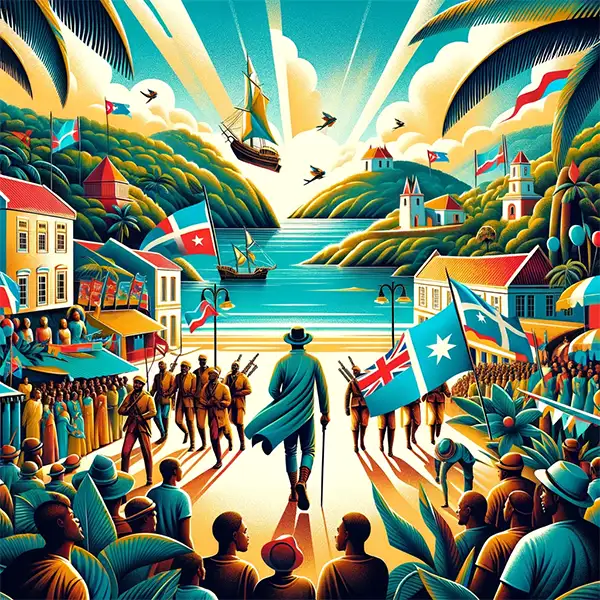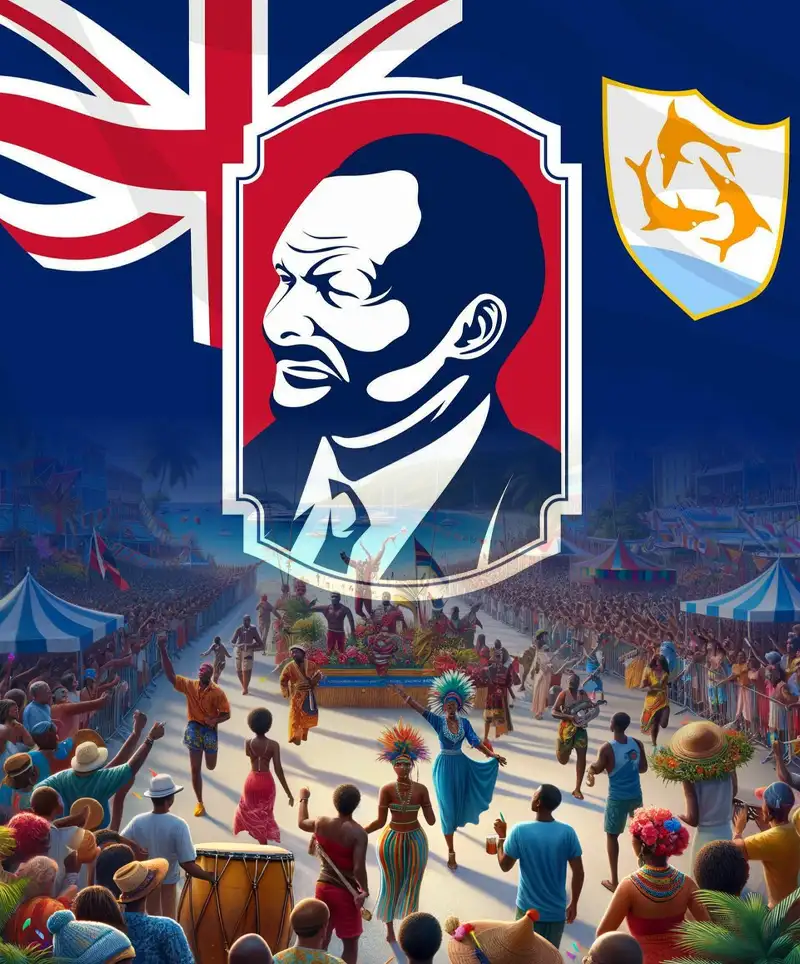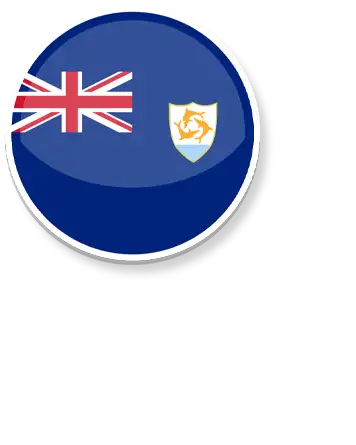Celebrating the Father of Anguilla's Legacy
Every year on March 2, Anguilla vibrates with the celebration of James Ronald Webster Day, a public holiday that honors the life and achievements of a man often hailed as the Father of Anguilla. Born on this day in 1926, Webster's legacy is a beacon of leadership, resilience, and unwavering commitment to his homeland's independence and prosperity.
Early Life and Political Inception
James Ronald Webster was born on March 2, 1926, in The Valley, Anguilla, into a world far removed from the one we know today. His early life was set against the backdrop of a humble Caribbean island, where resources were scarce, and the community was everything. As one of 16 siblings, with only eight surviving past infancy, Webster learned the values of resilience, cooperation, and the importance of family from a very young age.
Growing up in a British colony, Webster's early education was rooted in the basics of reading, writing, and arithmetic, but it was the lessons learned outside the classroom that shaped him the most. From his parents, he inherited a strong work ethic and a deep sense of responsibility towards his community. These values were the bedrock of his character and would later inform his political vision and leadership style.
As a young man, Webster's leadership qualities became increasingly apparent. He was not content with the status quo and sought to improve the lives of his fellow Anguillans. This drive led him to become involved in local politics, where he quickly distinguished himself with his articulate speech, clear vision, and unyielding dedication to Anguilla's autonomy and prosperity.
The political landscape of the Caribbean was turbulent in the 1960s, and Anguilla was no exception. The island was part of the proposed federation of Saint Christopher-Nevis-Anguilla, a union that many Anguillans opposed due to fears of marginalization and neglect. Webster, sharing these concerns, became a vocal advocate for Anguilla's right to self-determination. His ability to articulate the aspirations and fears of his people made him a unifying figure during these uncertain times.
 Webster's political activities began to gather momentum as he organized and led peaceful protests against the federation. His leadership during these protests demonstrated not only his commitment to Anguilla's cause but also his skill in mobilizing and inspiring his community. It was during this period that Webster's vision for an independent Anguilla began to take shape, laying the groundwork for the revolutionary steps that would follow.
Webster's political activities began to gather momentum as he organized and led peaceful protests against the federation. His leadership during these protests demonstrated not only his commitment to Anguilla's cause but also his skill in mobilizing and inspiring his community. It was during this period that Webster's vision for an independent Anguilla began to take shape, laying the groundwork for the revolutionary steps that would follow.
Through his early life experiences and initial foray into politics, Webster emerged as a leader deeply connected to his roots, with a clear vision for Anguilla's future. His journey from a young boy in a large, humble family to the forefront of Anguilla's fight for self-governance is a testament to his resilience, leadership, and unwavering love for his homeland.
The Path to Independence
The late 1960s were a pivotal time for Anguilla. Faced with the prospect of being governed as part of the Saint Christopher-Nevis-Anguilla federation, the people of Anguilla yearned for autonomy. Webster emerged as the leading figure in this quest for independence. Through his leadership, Anguilla witnessed a peaceful revolution that eventually led to the island breaking away from the federation, setting the stage for self-governance.
His tenure marked webster's political career as Anguilla's first Chief Minister, during which he laid down the groundwork for the island's future. His leadership style was characterized by integrity, a vision for development, and an unwavering dedication to the welfare of Anguillans. Under his guidance, Anguilla began to shape its own destiny, focusing on economic development and educational opportunities for its people.
Celebrations and Commemorations
James Ronald Webster Day is not just a day off from work; it's a day of reflection, community, and celebration of Anguillan identity. Across the island, ceremonies and events take place, from parades and cultural displays to discussions and presentations on Webster's life and the history of Anguilla's journey towards independence. Schools often hold special assemblies or projects to educate the younger generation about their national hero's contributions.
The Man Beyond Politics
Beyond his political achievements, Webster was a man of deep faith and commitment to his community. His legacy is also marked by his contributions to social and cultural life in Anguilla, embodying the spirit of a true leader who served not for personal gain but for the betterment of his country.
James Ronald Webster Day is a profound reminder of the strength of vision, leadership, and the power of community. It celebrates the man whose life's work has indelibly shaped Anguilla, ensuring his legacy endures in the hearts and minds of Anguillans for generations to come. As Anguilla continues to grow and navigate the complexities of the modern world, the principles and ideals that Webster championed remain as relevant as ever, guiding the island towards a future filled with promise and prosperity.
Please Share our Content






 Webster's political activities began to gather momentum as he organized and led peaceful protests against the federation. His leadership during these protests demonstrated not only his commitment to Anguilla's cause but also his skill in mobilizing and inspiring his community. It was during this period that Webster's vision for an independent Anguilla began to take shape, laying the groundwork for the revolutionary steps that would follow.
Webster's political activities began to gather momentum as he organized and led peaceful protests against the federation. His leadership during these protests demonstrated not only his commitment to Anguilla's cause but also his skill in mobilizing and inspiring his community. It was during this period that Webster's vision for an independent Anguilla began to take shape, laying the groundwork for the revolutionary steps that would follow.








 "Sláinte!" is a traditional Irish expression used as a toast, equivalent to "Cheers!" in English.
"Sláinte!" is a traditional Irish expression used as a toast, equivalent to "Cheers!" in English.